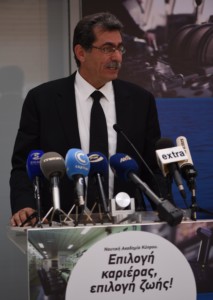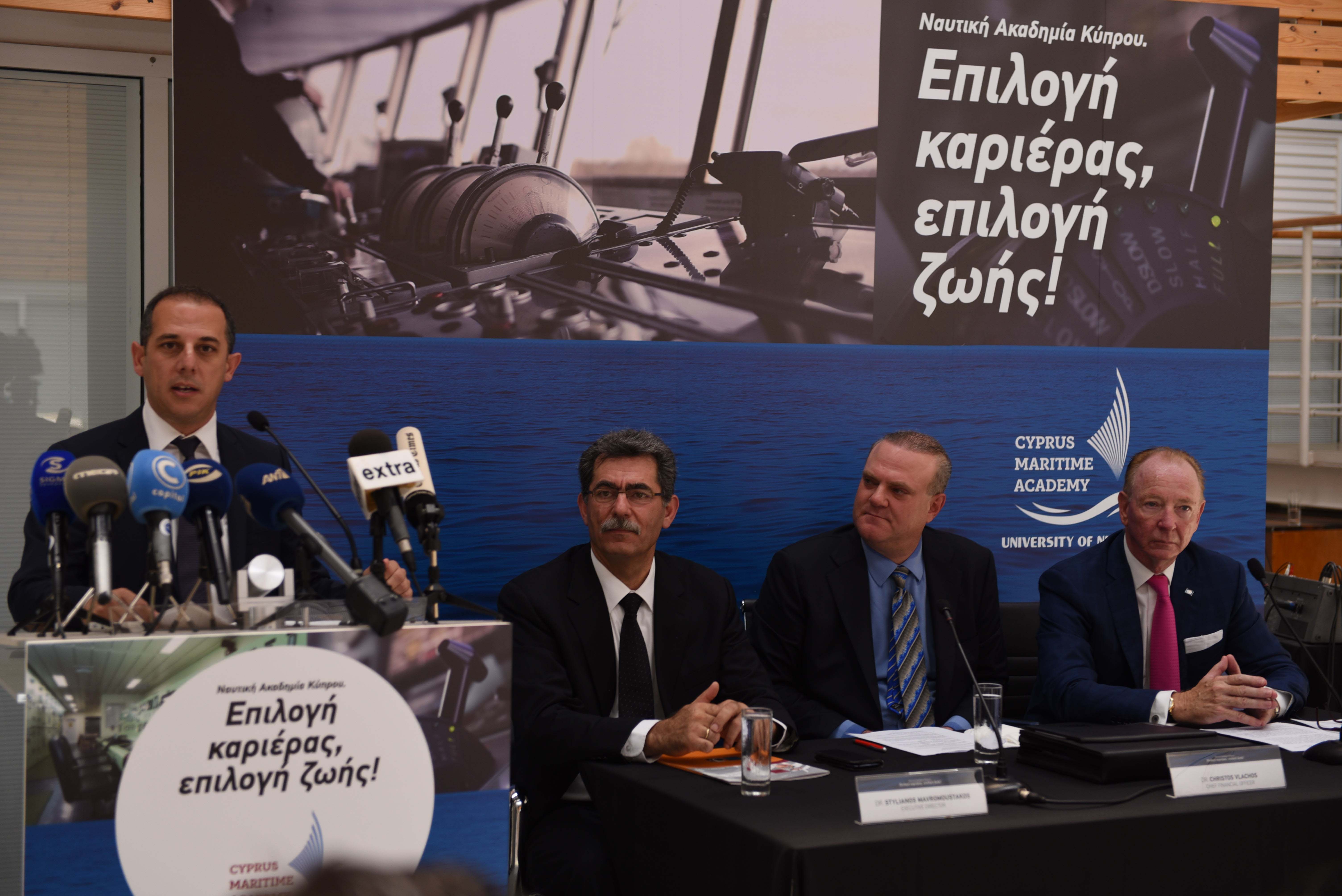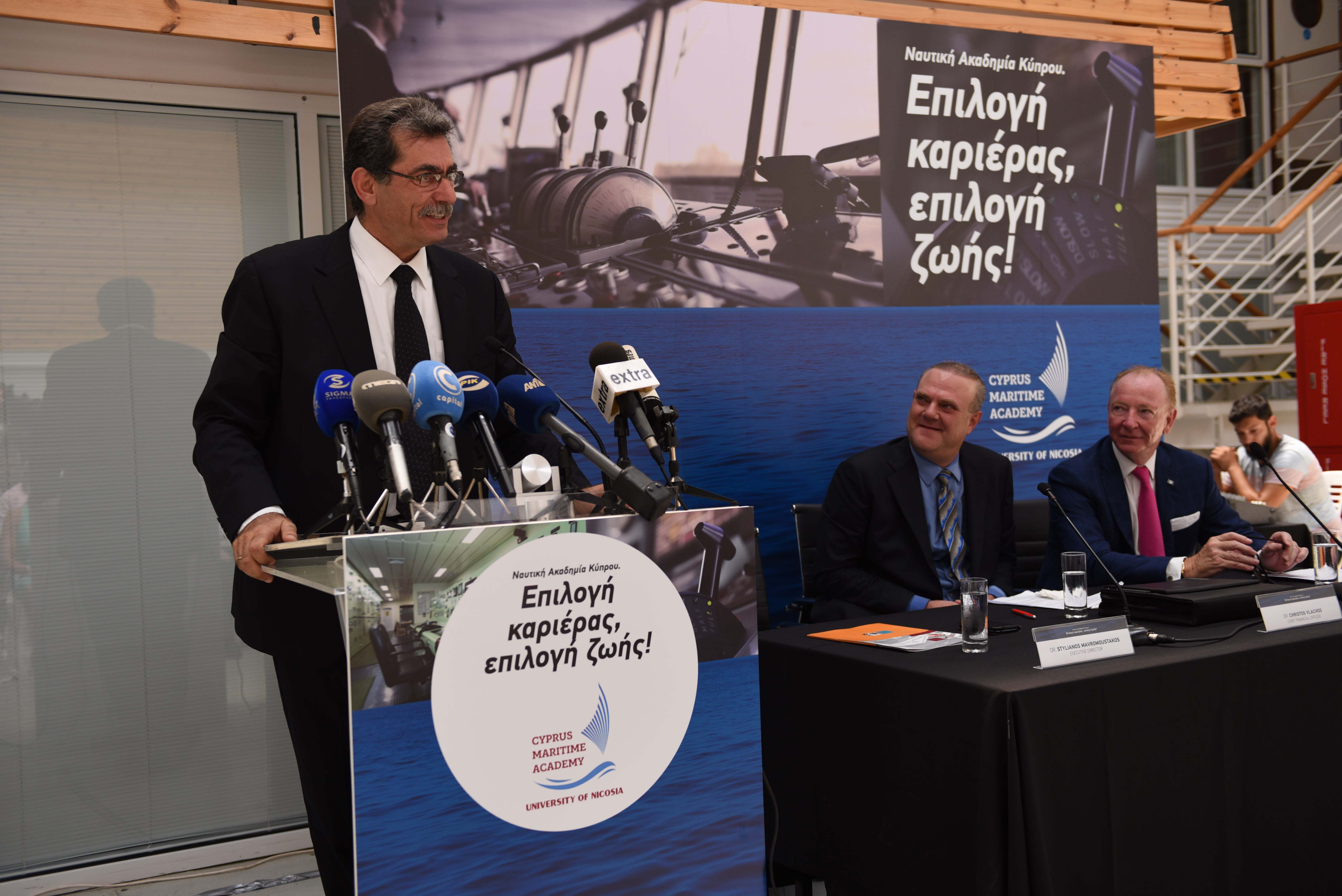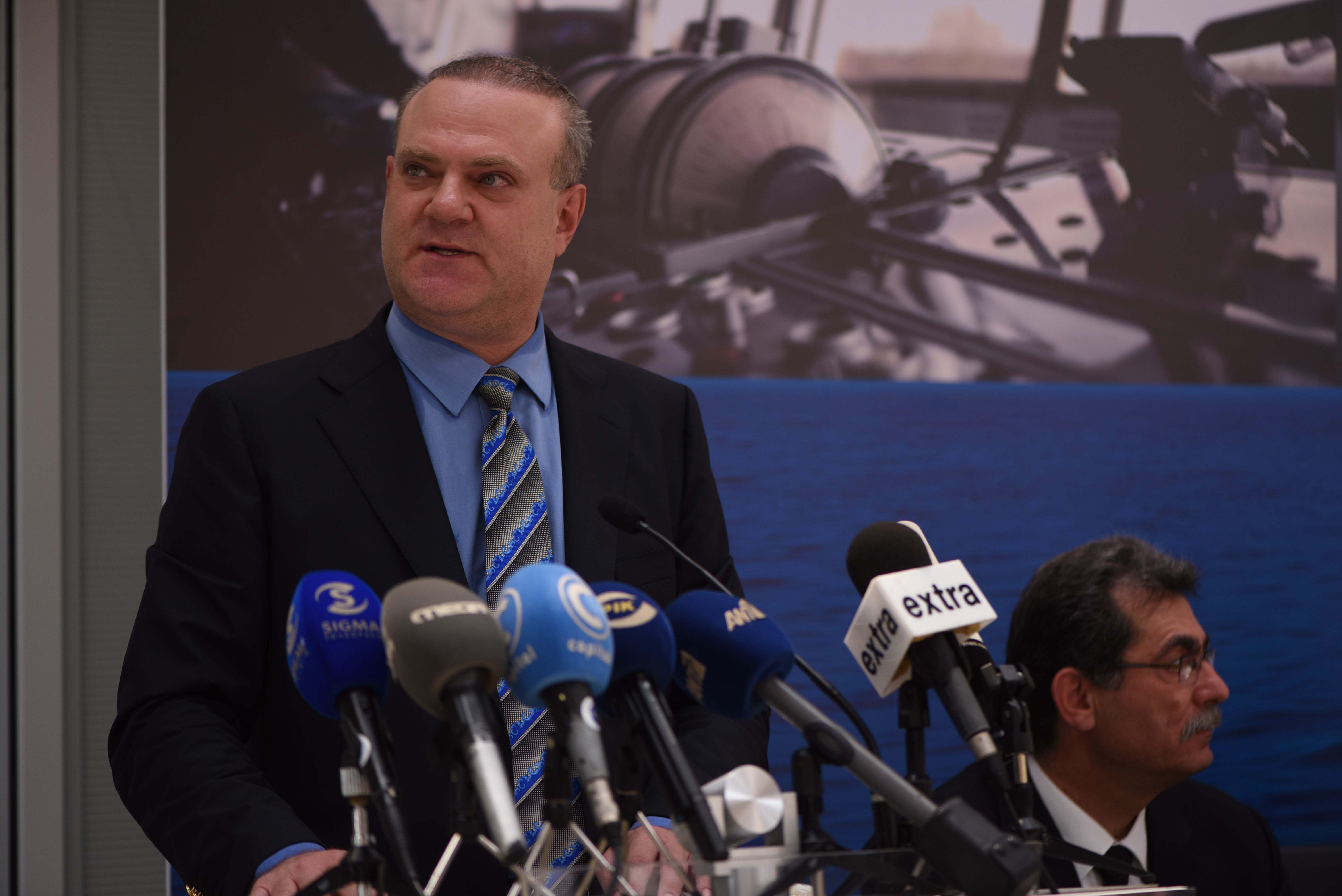The Cyprus Maritime Academy (CyMA) was presented on 4 August 2016 at a press conference in Limassol, in the presence of the Minister of Transport, Communications and Works, and executives of the shipping industry in Cyprus. This important and unique endeavour to the island opens up new educational horizons, while guaranteeing employment for the Academy’s graduates.
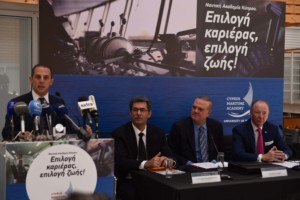
The University of Nicosia announced the operation of the Cyprus Maritime Academy, at the Maritime Training Centre of Bernhard Schulte Shipmanagement (BSM) in Cyprus. As was noted, this is a pioneering educational project, which inter alia guarantees direct employment, in a sector in which Cyprus plays a leading role, as the largest third-party shipping centre in Europe. Cyprus already has the third largest fleet in the EU and the 10th largest fleet worldwide, with 1,677 ships, tonnage of about 23 million under the Cyprus flag, and 55,000 employed sailors.

“In our effort to meet the needs of society and those of the labour market, our University innovates once again, offering relevant competencies to merchant marine officers”, said Professor Philippos Pouyioutas, Rector of the University of Nicosia. He pointed out that the Maritime Academy is an example worth emulating, in terms of effectively implementing the “knowledge triangle” (linking universities, research centres, and industry). This is something that is strongly endorsed by the European Commission in the European Area of Higher Education. Moreover, he indicated that “the primary goal of the Maritime Academy is to develop and provide competencies of the International Maritime Organisation (IMO), in the three main areas of the maritime industry: nautical science, marine engineering and marine electro-technology”.
The close cooperation of private sector actors and the University of Nicosia has resulted in the creation of the Cyprus Maritime Academy, which will lead to improvement in maritime industry performance, as well as the creation of safer, more intelligent and ecological processes in a constantly evolving industry.
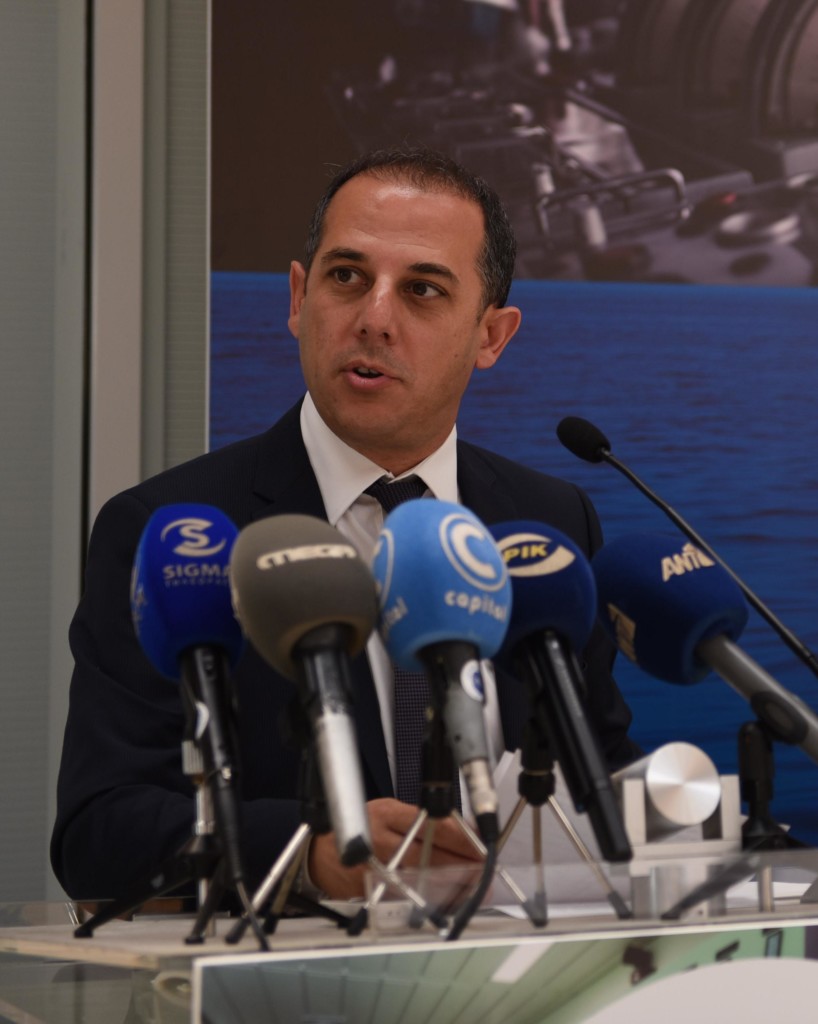
The Minister of Transport, Communications and Works of the Republic of Cyprus, Mr. Marios Demetriades, underscored the fact that “today there are very favourable conditions to further develop the shipping sector, by attracting some of the largest shipping companies in the world. The shortage of technical personnel with relevant experience will be addressed by the establishment and operation, as of September, of the Cyprus Maritime Academy”. The Minister further stressed that Maritime education has been incomplete, given the lack in training of merchant navy officers, but now “sets sail” with the University of Nicosia’s initiative to create the Cyprus Maritime Academy. “This is an endeavour that is supported by, and works closely with, the shipping community of the island”, he concluded.
The Cyprus Maritime Academy is supported by the Maritime Institute of Eastern Mediterranean (Mar.In.Em) and Intercollege, while it has secured exclusive use of the state-of-the-art facilities of the Bernhard Schulte Shipmanagement (BSM) Maritime Training Centre in Limassol. It offers skills and competencies programmes, certified by the Department of Merchant Shipping of the Republic of Cyprus, as well as specialized certificates, training, and research and innovation capabilities in the shipping sector.

The President of the Academy’s Board of Governors, Captain Eberhard Koch, noted that cooperation with the University of Nicosia will ensure excellent opportunities for the next generation of seafarers, who will attend the Maritime Academy. He referred to Cyprus as a seafaring nation since antiquity, and highlighted the island’s geographical position along major trade routes. “Its establishment as the first port of the EU near the Suez Canal makes it a key shipping hub”, he remarked.
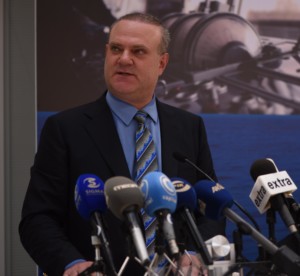
Dr. Christos Vlachos, Chief Financial Officer of the University of Nicosia, and Dr. Stylianos Mavromoustakos, Executive Director of the Cyprus Maritime Academy, presented the Academy’s financial support scheme for cadets, with significant contributions from industry, and support from the University of Nicosia. They emphasized the guaranteed on-board placements for cadets and the secured employment positions for graduates of the Academy. Dr. Vlachos and Dr. Mavromoustakos then took questions from the audience, which consisted of managers and executives from various shipping companies, government officials and members of the press.
